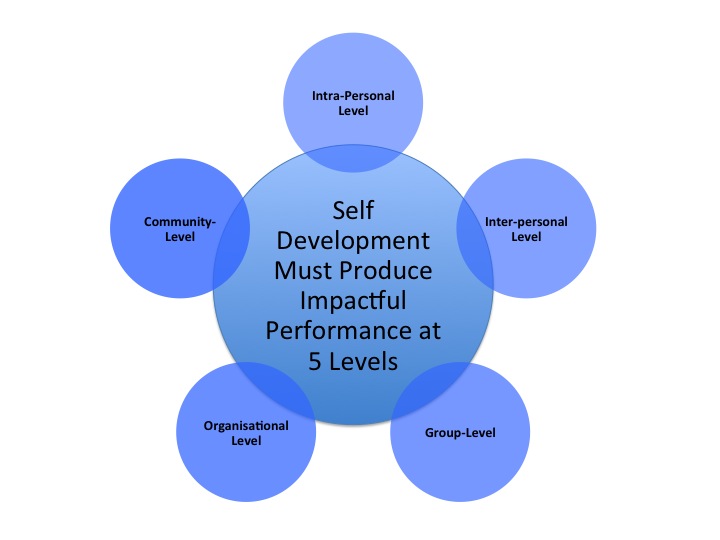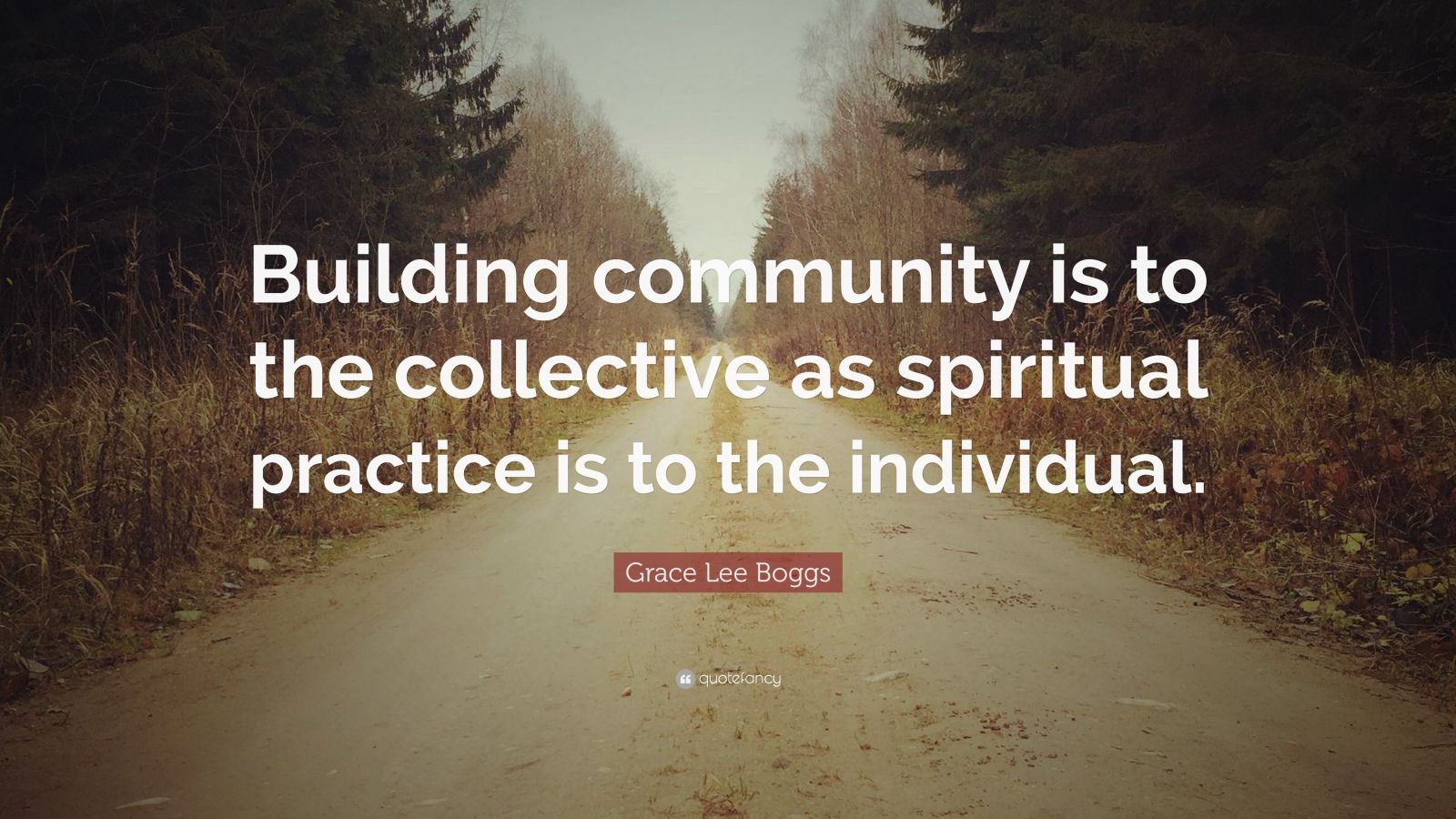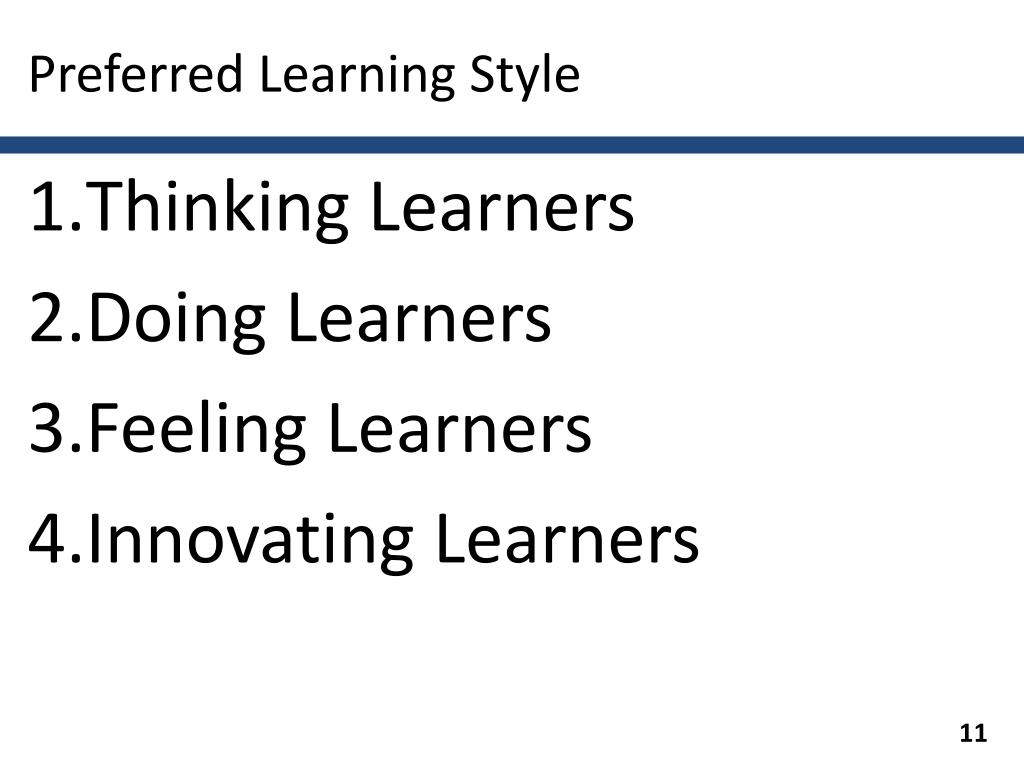Understanding Self-Reliance: The Path to Independence
Self-reliance, or the ability to provide for one’s needs and wants without undue dependence on others, is a valuable life skill. It encompasses personal responsibility, resilience, and resourcefulness, empowering individuals to face challenges with confidence. By learning how to become self-reliant, one can experience increased independence, reduced reliance on external resources, and enhanced life satisfaction.

Assessing Your Capabilities: Identifying Areas for Improvement
To become more self-reliant, it is essential to evaluate your current skillset and identify areas for improvement. This process involves examining your abilities in various aspects of self-reliance, such as gardening, financial management, and practical skills. By understanding your strengths and weaknesses, you can set realistic goals for personal growth and development.
Begin by taking inventory of your existing skills. Consider the following questions:
- Do you have experience growing your own food or maintaining a garden?
- How proficient are you in managing your personal finances, including budgeting, saving, and investing?
- Can you perform basic home repairs, such as fixing a leaky faucet or changing a light bulb?
- Do you possess first aid knowledge and skills to handle medical emergencies?
Once you have evaluated your current capabilities, identify areas where you can improve. Be honest with yourself and set achievable goals. Remember, becoming more self-reliant is a journey, not a destination. It requires consistent effort, patience, and a willingness to learn.
To help you improve your self-reliance skills, consider the following resources:
- Online courses and tutorials: Websites like Udemy, Coursera, and Skillshare offer a wide variety of courses on topics related to self-reliance, such as gardening, cooking, and home repair.
- Books and e-books: Numerous publications focus on self-reliance skills, providing in-depth information and practical advice. Some recommended titles include The Encyclopedia of Country Living by Carla Emery and The Prepper’s Blueprint by Tess Pennington.
- Local workshops and classes: Community colleges, extension services, and adult education programs often provide hands-on learning opportunities in areas such as gardening, woodworking, and auto repair.
By regularly assessing your capabilities and seeking opportunities for growth, you will become more self-reliant and better equipped to handle life’s challenges.

Building Essential Skills: A Foundation for Self-Reliance
To become more self-reliant, it is crucial to acquire and master various essential skills. These abilities encompass cooking, home repair, first aid, and more. By developing these competencies, you will be better prepared to handle everyday challenges and reduce your reliance on external resources. Here are some practical tips and resources for learning and mastering these fundamental skills.
Cooking
Cooking is an essential skill for self-reliance, as it enables you to prepare nutritious meals using fresh, whole ingredients. To improve your cooking skills, consider the following:
- Take a cooking class: Community colleges, cooking schools, and adult education programs often offer cooking classes for beginners and advanced cooks alike.
- Experiment with recipes: Try new recipes and cooking techniques to expand your culinary repertoire. Use cookbooks, food blogs, and cooking websites for inspiration.
- Learn about food preservation: Understanding how to preserve food through methods like canning, pickling, and dehydrating can help you make the most of seasonal produce and reduce food waste.
Home Repair
Home repair skills are vital for maintaining a safe and functional living environment. To enhance your home repair abilities, consider the following:
- Attend a workshop: Home improvement stores, community colleges, and local organizations often host workshops on basic home repair skills.
- Learn online: Websites like YouTube offer numerous tutorials on various home repair tasks, from fixing a leaky faucet to patching a hole in the wall.
- Create a home repair toolkit: Equip your toolkit with essential tools, such as a hammer, screwdrivers, pliers, and a tape measure, to tackle basic home repair projects.
First Aid
First aid skills are crucial for handling medical emergencies and ensuring the well-being of yourself and your loved ones. To improve your first aid knowledge, consider the following:
- Take a first aid course: The American Red Cross and other organizations offer first aid courses, both in-person and online.
- Create a first aid kit: Stock your first aid kit with essential supplies, such as bandages, antiseptic wipes, tweezers, and a first aid manual.
- Practice regularly: Familiarize yourself with first aid techniques and procedures, and practice them regularly to ensure you are prepared for an emergency situation.
By focusing on these essential skills, you will be well on your way to becoming more self-reliant and better equipped to handle life’s challenges. Remember, self-reliance is a continuous journey, and there is always room for growth and improvement.

Securing Your Financial Future: Strategies for Financial Self-Reliance
Financial self-reliance is a crucial aspect of becoming self-reliant, as it enables you to manage your personal finances effectively and build long-term financial stability. To achieve financial self-reliance, consider implementing the following strategies:
Budgeting
Creating and adhering to a budget is essential for maintaining financial control. To establish an effective budget, follow these steps:
- Track your income and expenses: Record your income and expenses for a month to gain a clear understanding of your financial situation.
- Set financial goals: Identify short-term and long-term financial objectives, such as paying off debt or saving for a down payment on a house.
- Create a spending plan: Allocate your income towards necessities, savings, and discretionary spending, ensuring you live within your means.
Saving
Regularly setting aside a portion of your income is vital for building an emergency fund and achieving long-term financial goals. Consider the following saving strategies:
- Automate savings: Set up automatic transfers from your checking account to your savings account to ensure consistent savings.
- Save windfalls: Deposit unexpected income, such as tax refunds or bonuses, directly into your savings account.
- Reduce expenses: Identify areas where you can cut back on spending, and allocate the savings towards your emergency fund or other financial goals.
Investing
Investing your money wisely can help you grow your wealth over time. To get started with investing, consider the following:
- Educate yourself: Learn about different investment options, such as stocks, bonds, and mutual funds, and their associated risks and rewards.
- Diversify your portfolio: Spread your investments across various asset classes to minimize risk and maximize potential returns.
- Consider low-cost index funds: Index funds offer broad market exposure and generally have lower fees than actively managed funds.
By focusing on budgeting, saving, and investing, you will be well on your way to achieving financial self-reliance and securing your financial future. Remember, becoming self-reliant is a continuous journey, and adopting a lifelong learning mindset is essential for maintaining financial stability and expanding your skillset.

Cultivating Inner Strength: Emotional Self-Reliance
Emotional self-reliance is a vital aspect of becoming self-reliant, as it empowers you to manage your emotions, cope with stress, and maintain mental resilience. Developing emotional self-reliance involves fostering a strong sense of self, cultivating mindfulness, and implementing effective stress management techniques. Here are some strategies to help you build emotional strength and foster a positive mindset:
Practice Self-Care
Prioritizing self-care is essential for maintaining emotional well-being. Ensure you get enough sleep, eat nutritious meals, and engage in regular physical activity. Additionally, allocate time for relaxation and hobbies that bring you joy and fulfillment.
Cultivate Mindfulness
Mindfulness practices, such as meditation and deep-breathing exercises, can help you develop emotional self-reliance by increasing self-awareness and promoting mental clarity. By focusing on the present moment, you can reduce stress, improve focus, and enhance your ability to manage challenging emotions.
Develop Emotional Intelligence
Emotional intelligence involves understanding and managing your emotions, as well as recognizing and responding to the emotions of others. To improve your emotional intelligence, practice active listening, seek to understand others’ perspectives, and work on regulating your emotional responses.
Implement Stress Management Techniques
Effective stress management is crucial for maintaining emotional self-reliance. Identify the sources of stress in your life and develop strategies to cope with them. Techniques such as time management, prioritization, and seeking social support can help you manage stress and maintain emotional balance.
Embrace a Growth Mindset
A growth mindset, which emphasizes learning and improvement, can help you build emotional resilience. By embracing challenges, persevering through setbacks, and viewing failures as opportunities for growth, you can foster a positive mindset and enhance your emotional well-being.
By incorporating these strategies into your life, you can cultivate emotional self-reliance and become better equipped to handle the challenges that come with becoming self-reliant. Remember, emotional self-reliance is an ongoing process, and continuous learning and self-improvement are essential for maintaining mental resilience and fostering a positive mindset.

Harnessing the Power of Community: Collective Efforts
Self-reliance does not mean isolating oneself from others; instead, it involves recognizing the value of community and collaboration. Building a supportive network of like-minded individuals can significantly enhance your self-reliance journey. Here are some ways to harness the power of community and engage in collective efforts:
Join Local Community Groups
Explore local community groups focused on self-reliance, such as gardening clubs, homesteading networks, or financial literacy organizations. These groups provide opportunities to learn from others, share resources, and collaborate on projects. Participating in such communities can help you expand your skillset and gain valuable insights into how to become self reliant.
Collaborate on Projects
Working together with others on self-reliance projects can be both educational and rewarding. For example, you might collaborate with neighbors to start a community garden, or partner with friends to learn home repair skills. By pooling resources and knowledge, you can achieve more than you would individually.
Share Knowledge and Skills
Sharing your own skills and knowledge with others is an essential aspect of self-reliance. By teaching others what you know, you not only contribute to the community but also reinforce your own understanding and mastery of the subject. Consider hosting workshops, creating instructional videos, or writing blog posts to share your expertise.
Build a Supportive Network
Having a network of supportive individuals who share your self-reliance goals can help you maintain motivation and overcome challenges. Seek out like-minded people with whom you can share your experiences, ask for advice, and celebrate achievements. Building such a network can be as simple as attending local events, participating in online forums, or reaching out to individuals in your community.
By engaging in collective efforts and harnessing the power of community, you can enhance your self-reliance journey and contribute to the growth and development of others. Remember, self-reliance is not about doing everything alone; it’s about fostering a sense of interdependence, where you can both give and receive support in your pursuit of personal sufficiency.

Maintaining Momentum: Sustaining Your Commitment to Self-Reliance
As you embark on the journey to become self reliant, it’s essential to maintain motivation and dedication to your goals. Here are some tips for sustaining your commitment to self-reliance, ensuring long-term success and growth:
Set Realistic Goals
Establishing achievable goals is crucial for maintaining momentum. Break down your larger self-reliance objectives into smaller, manageable tasks. By setting realistic goals, you can track progress effectively and celebrate small achievements, fostering a sense of accomplishment and motivation.
Monitor Progress
Regularly assess your progress towards your self-reliance goals. Documenting your achievements and setbacks can help you identify patterns, adjust strategies, and maintain focus. By monitoring your progress, you can ensure that you’re moving in the right direction and make necessary adjustments to your plan.
Celebrate Achievements
Recognizing and celebrating your achievements is an essential aspect of maintaining motivation. Acknowledge your successes, no matter how small, and use them as fuel to continue your self-reliance journey. By celebrating achievements, you reinforce your commitment and build confidence in your abilities.
Embrace a Growth Mindset
Cultivating a growth mindset is crucial for long-term success in self-reliance. Embrace challenges, persevere through setbacks, and view mistakes as opportunities for learning. By adopting a growth mindset, you can foster resilience, adaptability, and a continuous pursuit of knowledge and skills, which are essential for becoming self reliant.
Continuous Learning
Staying informed about new techniques, technologies, and best practices is vital for self-reliance. Engage in continuous learning by attending workshops, participating in online forums, or reading relevant books and articles. By expanding your knowledge and skills, you can enhance your self-reliance capabilities and maintain momentum in your journey.
Maintaining motivation and dedication to self-reliance is an ongoing process that requires setting realistic goals, monitoring progress, celebrating achievements, embracing a growth mindset, and continuous learning. By following these tips, you can sustain your commitment to self-reliance and achieve long-term success in your journey towards personal sufficiency.
Adopting a Lifelong Learning Mindset: Expanding Your Skills and Knowledge
A crucial aspect of becoming self reliant is adopting a lifelong learning mindset. Embracing continuous learning ensures that you stay adaptable, informed, and equipped with the necessary skills to navigate the challenges of self-reliance. Here are some strategies for fostering a growth mindset and expanding your skills and knowledge:
Stay Curious
Cultivate a sense of curiosity and a desire to learn. By staying open-minded and inquisitive, you can identify new learning opportunities and stay informed about the latest techniques and technologies related to self-reliance. Curiosity fuels the pursuit of knowledge and encourages exploration, which are essential for personal growth and self-reliance.
Identify Learning Opportunities
Seek out learning opportunities in your daily life. Attend workshops, webinars, or conferences focused on self-reliance skills. Participate in online forums, join local clubs, or engage in collaborative projects with like-minded individuals. By actively seeking learning opportunities, you can expand your knowledge and skills, and build a supportive community of self-reliant individuals.
Adapt to Change
Embrace change and adaptability as essential components of self-reliance. Stay informed about new technologies, techniques, and best practices in areas relevant to your self-reliance journey. By staying adaptable, you can respond effectively to changing circumstances and maintain your self-reliant capabilities in various situations.
Document Your Progress
Track your progress and document your achievements and setbacks. Maintaining a record of your learning journey can help you identify patterns, monitor growth, and reflect on your progress. By documenting your progress, you can maintain motivation, celebrate achievements, and identify areas for improvement, fostering a continuous pursuit of knowledge and skills.
Foster a Growth Mindset
Cultivate a growth mindset by embracing challenges, persevering through setbacks, and viewing mistakes as opportunities for learning. By adopting a growth mindset, you can foster resilience, adaptability, and a continuous pursuit of knowledge and skills, which are essential for becoming self reliant. Embrace the idea that abilities and intelligence can be developed through dedication and hard work, and use this mindset to fuel your self-reliance journey.
Adopting a lifelong learning mindset is crucial for becoming self reliant. By staying curious, identifying learning opportunities, adapting to change, documenting your progress, and fostering a growth mindset, you can expand your skills and knowledge, ensuring long-term success in your self-reliance journey. Continuous learning and adaptability are essential aspects of self-reliance, ensuring that you remain equipped to handle the challenges and opportunities that lie ahead.

